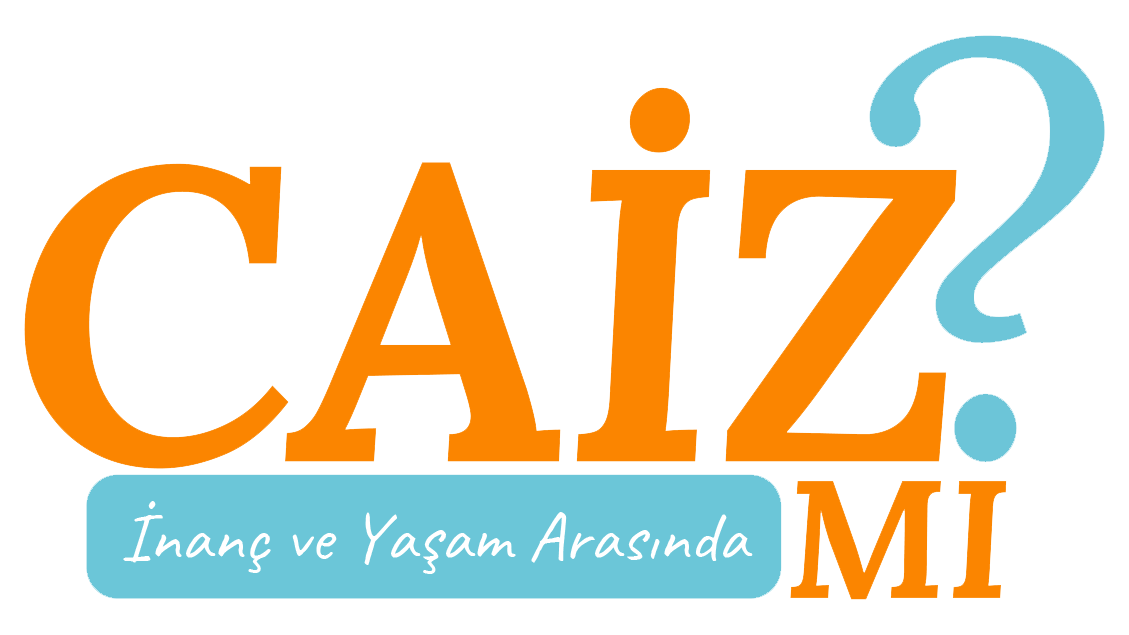According to the Hanafi school, the prohibition of intoxicants is established through the Quran, Sunnah, and consensus (ijma). The prohibition of “hamr” is explicitly mentioned in Allah’s words and the hadiths of the Prophet Muhammad (peace be upon him). In this school, four types of drinks are considered haram:
- Hamr: Hamr is an unheated and unboiled raw grape juice that ferments on its own to become sharp. According to the two Imams, the fermentation of the drink is sufficient for it to become intoxicating; it is not necessary for the foam to be removed. According to Abu Hanifa, the drink must completely lose its foam and become pure. The more accepted view is that of the two Imams.
- Tılâ: If raw grape juice is lightly boiled and less than one-third evaporates, and the remaining amount ferments and becomes sharp, this drink is also haram. If two-thirds of the boiled grape juice evaporates and it becomes sweet (like molasses), it is permissible to drink. As long as two-thirds of the grape juice does not evaporate, its intoxicating effect continues.
- Seker (Nakîu’t-temr): This drink is produced from fresh date juice that ferments and becomes sharp without being boiled. Drinks obtained by soaking broken dates in hot water to extract their sweetness and then allowing them to ferment are haram.
- Nakîü’z-zebîb: This drink is produced from dried grape juice that ferments and becomes sharp without being boiled. If dried grapes release their sweetness into the water and become intoxicating, it is haram.
The evidence for the prohibition of these four drinks is found in the hadith: “Hamr is made from these two trees: grapes and dates.” The consensus of the companions also supports the prohibition of these drinks. However, since their prohibition is established through conjectural rather than definitive evidence, it is expressed that the prohibition of these drinks is less strict than that of hamr.
